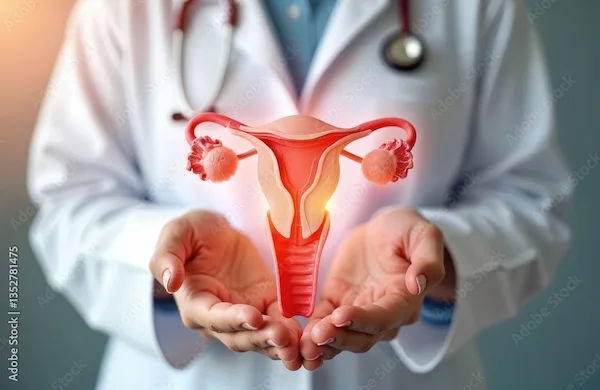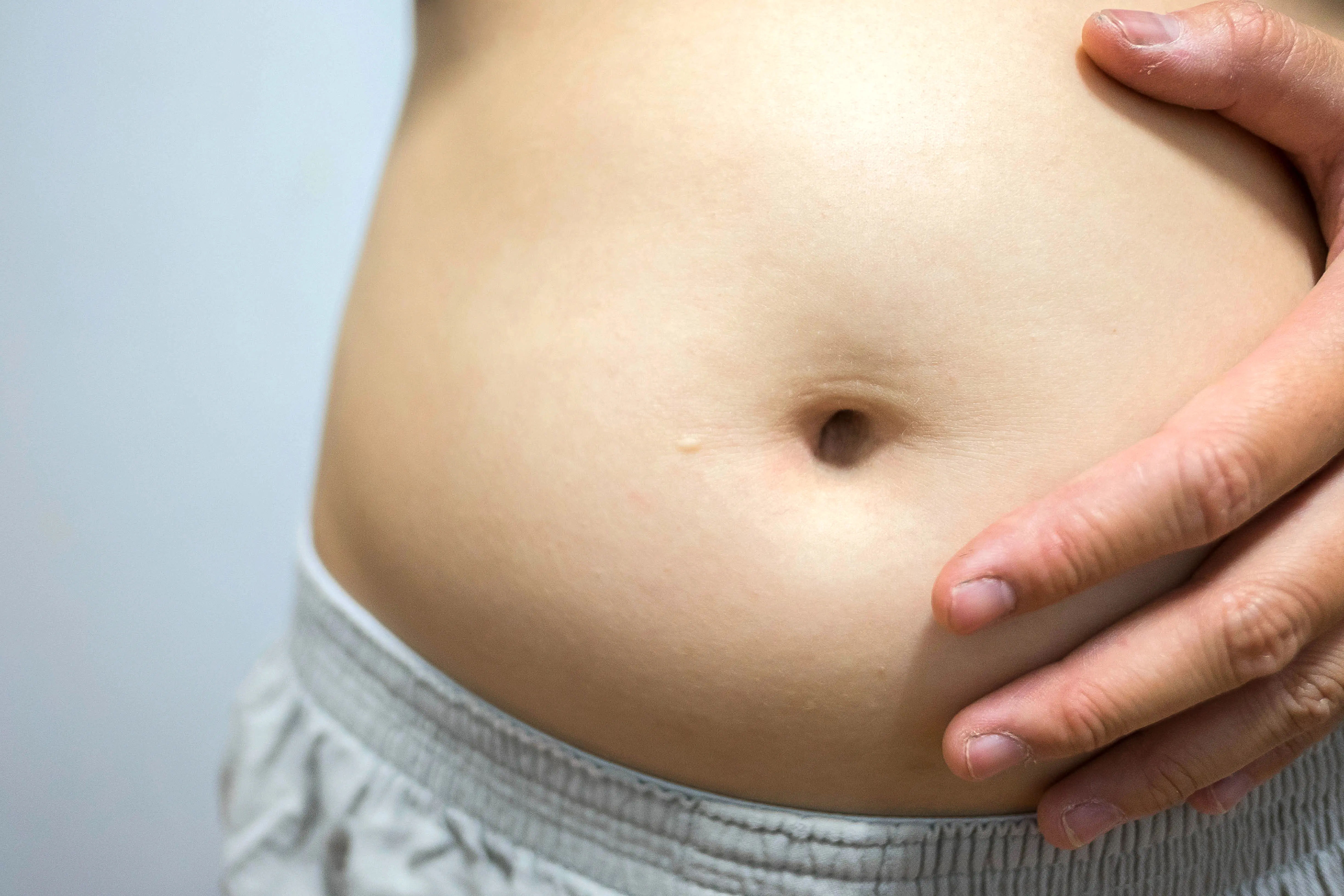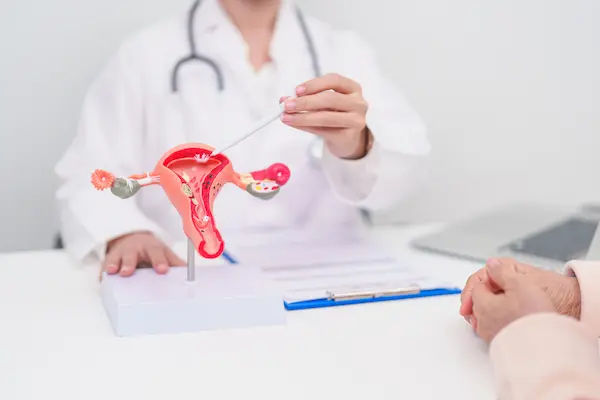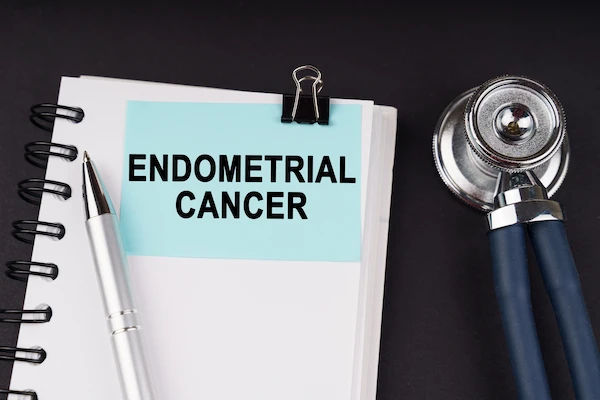Why Am I So Emotional After Hysterectomy Kept Ovaries?
Experiencing emotional changes after a hysterectomy even though your ovaries were kept? Learn why this happens and discover practical ways to manage post-surgery mood swings and emotional stress.

Written by Dr. Shaik Abdul Kalam
Reviewed by Dr. D Bhanu Prakash MBBS, AFIH, Advanced certificate in critical care medicine, Fellowship in critical care medicine
Last updated on 13th Jan, 2026

Introduction
If you’ve recently had a hysterectomy but kept your ovaries and are feeling unusually emotional, you’re not alone. Many women experience mood swings, sadness, or heightened emotions after this surgery—even when their ovaries remain intact. Let’s explore why this happens and what you can do to feel better.
Understanding the Emotional Impact
A hysterectomy is a major surgery that removes the uterus, and sometimes the cervix, but not always the ovaries. Even if your ovaries are preserved, your body goes through significant changes that can affect your emotions. Here’s why:
1. Hormonal Fluctuations
Even though your ovaries are still producing hormones, the surgery can temporarily disrupt blood flow to them, leading to a short-term drop in estrogen and progesterone. This hormonal imbalance can cause mood swings, irritability, or feelings of sadness—similar to PMS or perimenopause.
2. Physical Recovery Stress
Surgery is a trauma to the body, and healing takes energy. Fatigue, pain, and limited mobility can contribute to emotional distress. Your body is working hard to recover, which can leave you feeling drained and more sensitive.
3. Psychological Adjustment
A hysterectomy can bring up complex emotions such as relief from painful conditions like fibroids or endometriosis, grief if fertility was a concern, or anxiety about long-term health. It’s normal to feel a mix of emotions as you process these changes.
4. Anaesthesia and Medication Effects
Anaesthesia and pain medications can affect mood and emotional regulation in the days or weeks after surgery. Some women report feeling weepy or mentally foggy as their body clears these drugs.
Consult Top Specialists for Personalised Care
Tips to Manage Emotional Changes
Here are some effective strategies to help you cope and feel more balanced.
1. Rest and Be Patient with Yourself
Your body needs time to heal. Allow yourself to rest without guilt—emotional recovery is just as important as physical recovery.
2. Stay Connected
Talk to friends, family, or a support group. Sharing your feelings can help you feel less alone.
3. Gentle Exercise
Once your doctor approves, light activities like walking or yoga can boost endorphins and improve mood.
4. Healthy Eating
A balanced diet with plenty of whole grains, lean proteins, and omega-3s (found in fish, nuts, and seeds) can support brain health and stabilise mood.
5. Mindfulness and Relaxation
Meditation, deep breathing, or journaling can help manage stress and emotional ups and downs.
6. Monitor Your Symptoms
If mood swings are severe or accompanied by insomnia, hot flashes, or prolonged sadness, your ovaries might not be functioning optimally. A doctor can check your hormone levels and suggest solutions.
When to Seek Help
For most women, emotional symptoms improve within a few weeks to a few months as hormones stabilise and the body heals. However, if mood swings, depression, or anxiety interferes with daily life or persist beyond six months reach out to a healthcare provider. You may benefit from counselling, hormone therapy, or other treatments.
Final Thoughts
Feeling emotional after a hysterectomy—even with ovaries intact—is completely normal. Your body and mind are adjusting to big changes. Be kind to yourself, lean on your support system, and give yourself time to heal. If symptoms persist, don’t hesitate to seek professional help.
If you’re concerned about your emotional well-being after a hysterectomy, consider booking a consultation with a specialist through Apollo 24|7 for personalised guidance. You’re not alone in this journey—support is available!
Consult Top Gynaecologists
Consult Top Specialists for Personalised Care

Dr. Asawari Kesari Kapoor
Obstetrician and Gynaecologist
23 Years • M.B.B.S, D.G.O(Mumbai) ,D.G.O (C.P.S), D.N.B (OBGY)
Delhi
Apollo Hospitals Indraprastha, Delhi
(25+ Patients)
Dr. Arpita Jain Garg
Obstetrician and Gynaecologist
3 Years • MBBS, DNB (Obstetrics & Gynaecology), PGDHHM
Ahmedabad
MH AHMEDABAD, Ahmedabad

Dr. Biplab Mukhopadhay
Obstetrician and Gynaecologist
14 Years • MBBS, DNB - Obstetrics & Gynecology, MNAMS, FMAS, Diploma In Minimal Access Surgery
New Delhi
THE CLINICS, New Delhi
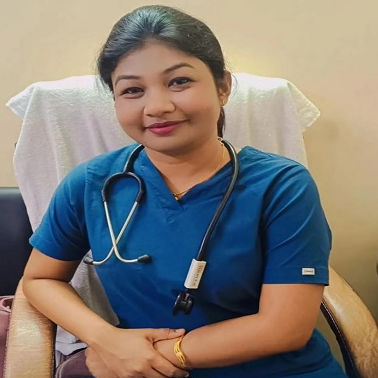
Dr. Saheli Kapat
Obstetrician and Gynaecologist
11 Years • MBBS, DNB Obstetrics & Gynaecology,FMAS(Fellowship in Minimal access surgery)
Kolkata
Dr. Saheli Kapat's Clinic, Kolkata
Dr. Sushmita Misra
Obstetrician and Gynaecologist
24 Years • MBBS, MD
New Delhi
RAINBOW WELLNESS CENTRE, New Delhi
Consult Top Gynaecologists

Dr. Asawari Kesari Kapoor
Obstetrician and Gynaecologist
23 Years • M.B.B.S, D.G.O(Mumbai) ,D.G.O (C.P.S), D.N.B (OBGY)
Delhi
Apollo Hospitals Indraprastha, Delhi
(25+ Patients)
Dr. Arpita Jain Garg
Obstetrician and Gynaecologist
3 Years • MBBS, DNB (Obstetrics & Gynaecology), PGDHHM
Ahmedabad
MH AHMEDABAD, Ahmedabad

Dr. Biplab Mukhopadhay
Obstetrician and Gynaecologist
14 Years • MBBS, DNB - Obstetrics & Gynecology, MNAMS, FMAS, Diploma In Minimal Access Surgery
New Delhi
THE CLINICS, New Delhi

Dr. Saheli Kapat
Obstetrician and Gynaecologist
11 Years • MBBS, DNB Obstetrics & Gynaecology,FMAS(Fellowship in Minimal access surgery)
Kolkata
Dr. Saheli Kapat's Clinic, Kolkata
Dr. Sushmita Misra
Obstetrician and Gynaecologist
24 Years • MBBS, MD
New Delhi
RAINBOW WELLNESS CENTRE, New Delhi
